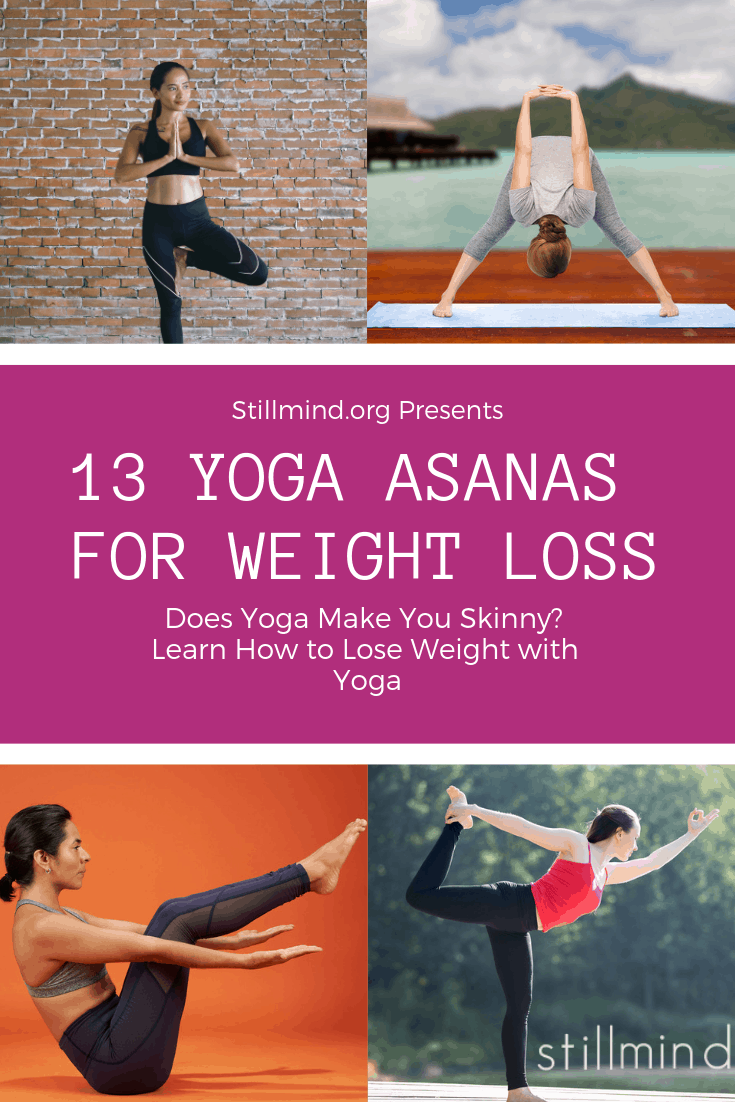
The Yoga heart opening poses are a wonderful way to increase your physical and emotional well-being. If your heart chakra blocks, you might experience difficulties loving, forgiveness, or letting-go. You may also feel emotionally unstable. But if your heart is open, you'll feel feelings of warmth and love radiating within. You'll discover infinite possibilities. Here are some simple poses you can try at home. This article will teach you some of the most effective ways to open the center of your being.
The American Heart Association recommends that you exercise at least 30 minutes each day to reduce your risk of developing cardiovascular disease. According to the AHA, you should do aerobic activity for 25 minutes three times per week or 75 minutes. Exercises such as Yoga are beneficial for the heart because they're easy on the joints, and the benefits of a healthy heart beat go far beyond reducing stress. Yoga has been shown to increase Heart Rate Variability (or HRV), which measures how your heart reacts when there are changes in your autonomic nerve system. People with high levels of HRV have low rates for cardiac arrhythmia.

Yoga for Heart is similar to a chair and is great for stimulating the heart. This pose requires concentration and determination to master. It involves stretching the chest area. Begin by standing straight. Spread your arms out, and then face your palms towards the ceiling. Bend your knees, and hold this position for as long as you can. If you're having trouble staying in this pose, you can always modify the pose to make it easier.
Yoga postures help stretch muscles and increase insulin sensitivity, which in turn helps to control blood sugar. Breathing techniques and meditation can be used to calm the nervous system. This is essential in lowering blood pressure. The exercises can also help people who already have heart problems. Yoga postures can improve your cardiovascular health. You can practice asanas and do asanas to improve your health. So what are waiting for?
The Yoga heart, one of the most important parts in the body, is a very important organ. It regulates blood flow to improve circulation. Yoga has been shown to reduce stroke risk. It strengthens the heart and can help prevent strokes. The Yoga Heart can help you avoid a stroke. The practice does not replace medical treatment but can help prevent strokes.

Recent research has shown that yoga is good for the heart. Yoga has been proven to improve flexibility, energy and mood. It also has many benefits for the body. It helps you relax and improves your ability to handle stress. It's good for your heart. It is a great way to keep your mind and body fit. This is because it promotes a healthier heart.
FAQ
Is weightlifting more effective at burning fat?
Weight lifting will help you burn more fat, but it's best to combine it and cardio.
You should do weightlifting after your cardio workouts to maximize its benefits.
Weightlifting is a good way to lose weight. It increases your heart beat and oxygen consumption.
But if you do not combine it with cardio, you will not see any significant changes in your body composition.
How quickly can I transform my body?
Your mindset must be changed. It is important to first make the decision to change.
Once you have decided you want to make changes, you will need to commit to your fitness goals at least for 3 months.
Then, find a program to fit your life.
Realistic expectations are also important. You shouldn't waste money on a gym membership that doesn't allow you to put in the effort and time required to reach your goals.
Instead, exercise outdoors in your own time.
Walk around your block for an hour every day to burn calories and help you lose 1 lb per month.
Once you have a plan, you can start to organize your life according to this plan.
You should make sure you set aside time each morning to exercise and that you take breaks throughout your day to move.
When you achieve milestones, reward yourself. You could buy accessories or clothes that reflect your achievements.
Which dietary supplements are good for weight loss.
It is important to exercise and eat right in order to lose weight. However, some people find that certain supplements help them along the way.
Studies have shown that omega-3 fatty acid may be beneficial in weight loss. Omega-3s are essential fats that are important for brain function and cell membrane integrity. These fats are found in seafood such as salmon, tuna and shrimp.
Some research has shown that green tea could be helpful in weight loss. Green tea is rich in catechins, antioxidants which may boost metabolism and aid weight loss.
What's a good workout plan for 7 days?
A seven-day program should include three days of cardio training (running, biking and swimming), two strength exercise (using free weights or weight machines) and one flexibility/core work out (yoga, Pilates). Each activity must be completed at least once per week. Each session should not last more than 45 minutes.
Cardiovascular Exercise: Running, Biking, Swimming
Your goal is to exercise at least 60 minutes each week. You can aim for 75 minutes a week for best results. Cardio exercise can stimulate blood flow and increase muscle growth.
Strength Training
Cardio exercises work on the heart and lungs. Strength training works on the muscles and bones. Strength training is a great way to build lean muscle mass that helps you burn calories even if you are not actively exercising.
Flexibility and core workouts
To strengthen your whole body, flexibility and core work outs are excellent ways to do so. Both yoga and Pilates are excellent options.
Statistics
- 10 pounds in a month is likely during a lean bulking phase, especially for beginners. (muscleandstrength.com)
- The PRS enabled risk stratification for overall prostate cancer and lethal disease with a four-fold difference between men in the highest and lowest quartiles (HR, 4.32; 95% confidence interval [CI], 3.16-5.89). (pubmed.ncbi.nlm.nih.gov)
- Are You One of the 20% of Guys (mh.co.za)
- An estimated calorie range for moderately active adult males falls between 2,200 to 2,800 calories per day, depending on age. (eatright.org)
- According to the American Heart Association, blood pressure should be checked at least once every two years, beginning at age 20. (my.clevelandclinic.org)
External Links
How To
What nutrients do men need each day?
Men require daily nutrition for healthy growth and development. Vitamins, minerals, vitamins, nutrients, carbohydrates, fats and fiber are all essential for the body.
Also, the male body requires certain nutrients at specific times during the day. When you're sleeping, your body uses energy from food for hormones, proteins, and enzymes. You use protein to build muscles and repair damaged tissue when you wake up.
Your body uses the night to break down fat and store extra energy as glucose. Your body has less energy but still requires enough nutrients during this time. If you feel hungry, you may consider having a snack during the evening.
To fuel your muscles while you train, you will need sufficient carbs as well as protein. If you train hard, you may experience muscle soreness after exercising.
To prevent this, you should eat carbs as well as protein within the first two hours after training. Your body will break down stored glycogen to provide glucose for energy.
Also, protein must be consumed immediately after your workouts. This prevents muscle tissue being destroyed while you're sleeping.
Your body produces lactic acid during high levels of physical activity. The body produces lactic acid when there is too much activity. This can cause fatigue. Avoid this by eating foods rich in carbohydrates such as fruits or vegetables.
Carbohydrates can give your body the energy it requires to recover from intense exercise.
A healthy diet should include lean meats such as fish, eggs and milk, cheese, yogurts, beans, seeds, nuts, and beans.
These foods all contain high-quality proteins. Protein promotes muscle growth, and helps repair damaged tissues. Protein provides the amino acid your body needs for testosterone and sexhormone production.
Good skin, hair, and joint health requires adequate dietary fats. Healthy men should consume between 20% to 35% of their daily caloric intake from fat.
Fat protects your heart from cancer and keeps it strong. It is essential for proper brain function.
Most of the fat you need can be obtained from vegetable oils, including sunflower oil (or soybean oil), peanut oil, peanut oil, soybean oil, and peanut oil.
These oils contain high levels of monounsaturated fat acids (MUFAs). MUFAs are good for lowering cholesterol and reducing inflammation. They also protect your cells from damage caused by free radicals.
Saturated Fats (SFAs), which are mostly found in animal products like meat, butter, and dairy products, include LDL ("bad") cholesterol. SFAs can raise LDL ("bad") cholesterol levels and increase triglycerides. They promote weight gain and abdominal fat.
Polyunsaturated oils (PUFAs), are found in plant-based foods like nuts, seeds and vegetable oils. PUFAs can improve cardiovascular function and reduce inflammation. They help to control blood sugars and cholesterol.
Low HDL ("good") cholesterol can lead to erectile problems in men. Consuming high amounts of saturated fats can increase bad cholesterol and lower good cholesterol.
Men who eat a lot of red meat or pork develop prostate problems because they contain large amounts of nitrates. High temperatures can cause nitrates to become nitrosamines. These compounds can cause cancer.
Most processed meats contain nitrites or other harmful chemicals. These chemicals should be avoided.
The American Heart Association recommends eating no more than 2 servings of red meat per week. Instead, choose poultry or fish, beans, tofu and whole grain bread.